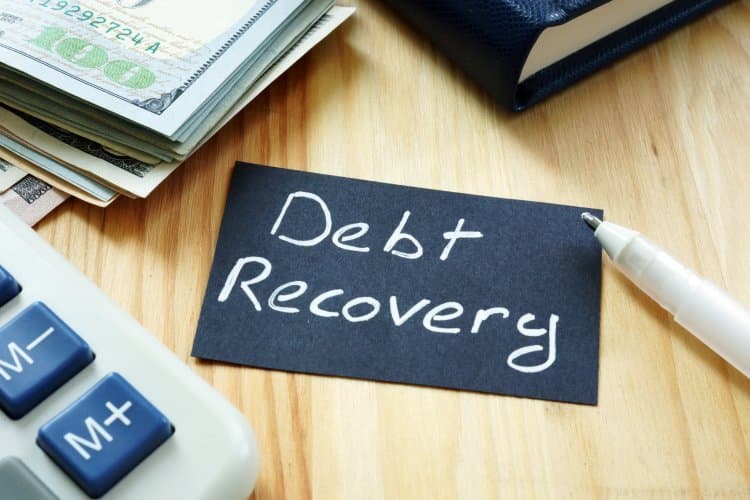For any enquiries or information, contact ask@tlr.ae or call us on +971526443004

How does debt recovery happen in the UAE?
Debt recovery is an essential process for businesses and individuals in the UAE. The legal framework and procedures for debt recovery in the UAE can be complex and time-consuming. In this article, we will provide an overview of the legal framework for debt recovery in the UAE.
Legal Framework
The UAE's legal system is based on civil law, primarily derived from the Shariah legal system. There are several laws in the UAE that govern debt recovery, including:
- Federal Law No. 5 of 1985, also known as the Civil Transactions Law, which sets out the principles of UAE civil law related to contracts, obligations, and liability for damages.
- Federal Law No. 18 of 1993, which governs commercial transactions in the UAE.
- Federal Law No. 10 of 2018, which established the Financial Restructuring Committee (FRC) responsible for overseeing the financial restructuring of companies in the UAE experiencing financial difficulties.
Debt recovery procedures
The debt recovery process in the UAE generally involves the following stages:
- Demand letter: Creditors send a demand letter to the debtor requesting payment of the debt. This letter should clearly state the amount owed, the deadline for payment, and the consequences of non-payment.
- Negotiation: If the debtor responds to the demand letter, negotiations may take place to try to reach an agreement on repayment terms.
- Legal action: If negotiations fail, the creditor can file a claim with the local court. The court will review the claim and may issue a judgment in favour of the creditor. The creditor can then take steps to enforce the judgment.
- Enforcement: Creditors have several options to enforce a judgment in the UAE, including seizure of assets, wage garnishment, travel ban, and bankruptcy.
The legal framework for debt recovery in the UAE is based on civil law, and there are several laws that govern debt recovery in the country. Creditors can send a demand letter to the debtor, negotiate, file a claim with the local court, and enforce a judgment if negotiations fail. The debtor may face the seizure of assets, wage garnishment, travel ban, and bankruptcy if they do not repay the debt. To understand the legal framework and procedures it is essential to consult a lawyer to navigate the debt recovery process effectively and efficiently.